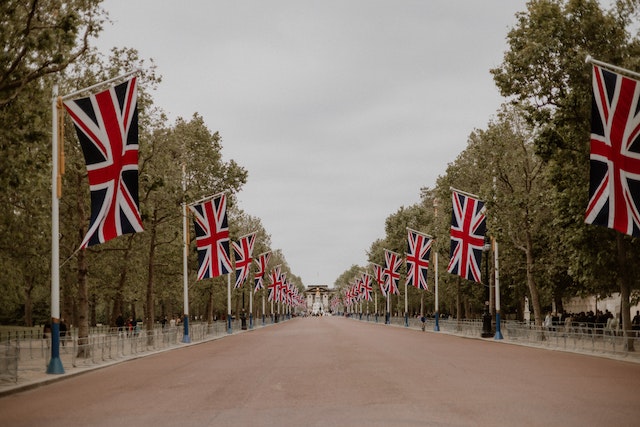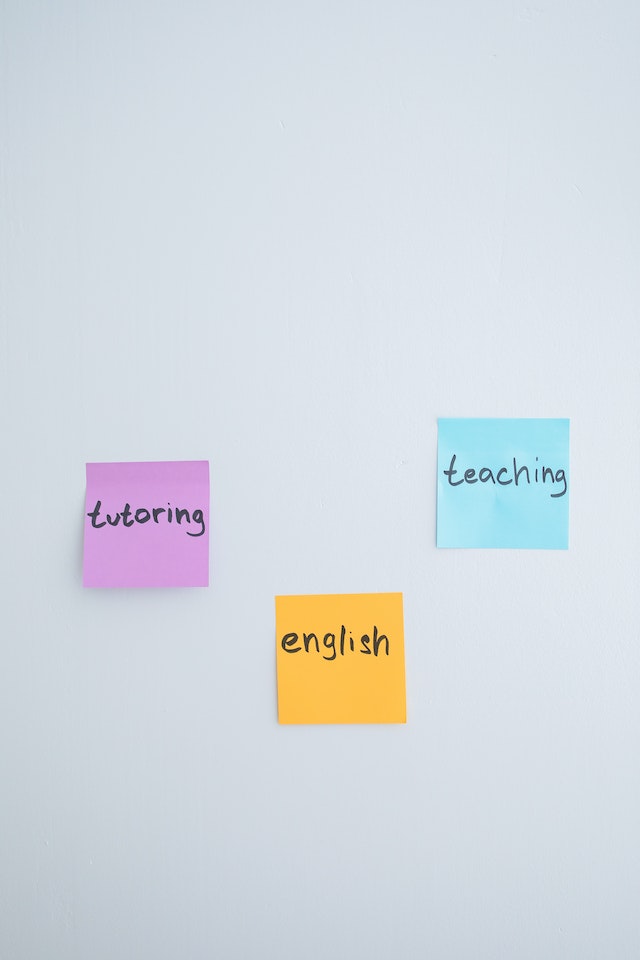CAN – CAN’T ABILITY
I can swim. – I can’t speak German. CAN I can speak English. She can speak English. They can speak English. Jane can play the guitar. Helen can walk. Ben can speak Russian. Mrs.Simpson can cook well. CAN’T…
PRESENT SIMPLE
Present Simple Tense for Habits and Daily Routines The Present Simple tense is used to express habits and daily routines. Let’s explore its usage: Usage of Present Simple Tense: In the Present Simple tense, we add -s, -es…
BEGINNER / ELEMENTARY LEVEL ALL TOPICS 3
Usage of ‘There was’, ‘There were’, and Past Simple Tense In English, we use ‘There was’ and ‘There were’ to express existence in the past at a certain place. Let’s explore their usage: ‘There was’ and ‘There were’:…
Which or What?
‘What’ and ‘Which’ for Questions Which one is your computer? / What color is your computer? As seen in the title, “What” and “Which” are used to ask questions for singular and plural nouns. With a few differences:…
HAVE GOT / HAS GOT
‘Have Got’ and ‘Has Got’ Ownership / e.g. I have got a sister. / We have got a lot of homework. / She has got a brother. HAVE GOT / HAS GOT e.g. I have got a sister….
TO BE
Pronouns and Possessive Pronouns Pronouns Pronouns are words we use in place of names. SubjectSubject PronounIamYouareHeisSheisItisYouareWeareTheyare Possessive Pronouns Possessive pronouns show ownership. SubjectPossessive PronounImyYouyourHehisSheherItitsYouyourWeourTheytheir Examples My favorite subject Your uncle His homework Her brother Its food Your sister…
PRACTICAL ENGLISH 1
Social English / Elementary Revision Revision – What Do You Remember? a) Hi. I’m Jill b) Hi. I Jill a) It’s quarter to 5 b) It’s quarter to 5 a) It’s a black car. b) It’s a car…
TOO AND ENOUGH
Using “Too” and “Enough” In English, we use “too” before adverbs and adjectives to express excess or extreme degree. “Too” indicates an overabundance or exaggeration. Examples with “Too” This tree is too big. The pillow is too soft….
PREPOSITIONS OF PLACE; IN, AT, ON
Prepositions of Place: in, at, on In English, we use prepositions of place to indicate location or position. The common prepositions of place are “in,” “at,” and “on.” Using “in” I am in the garden now. We live…
THE ARTICLES
Definite and Indefinite Articles in English In English, articles like ‘a,’ ‘an,’ and ‘the’ are used to indicate the specificity of nouns. Let’s explore their usage: Indefinite Articles The article ‘a’ is used before words starting with consonants:…
PAST TENSE
Past Simple Tense in English The Past Simple tense in English is used to talk about actions that happened in the past. Regular verbs form the past tense by adding -ed or -d, while irregular verbs have unique…
GRAMMAR TEACHING
Grammar instruction is one of the most important aspects of language learning. To speak a target language fluently, a strong grasp of its structure is essential. Fluent speakers who can talk rapidly effectively combine grammar and vocabulary. Those…
THERE IS / THERE ARE
Usage of ‘There is’ and ‘There are’ in English They are used with a/an, some/any and are used with both singular and plural nouns. Singular Nouns Positive: There is a boy. Negative: There isn’t a boy. Question: Is…
DO, DOES / PRACTICAL ENGLISH 2
Practical Use of Present Tense with Examples In this lesson, we’ll focus on the practical use of the present tense. It’s used to describe habits, and we’ll explore how to use it in various scenarios through examples: Asking…
English Tenses
Present Simple Used for something which happens regularly or which is a habit. Example: We go out every Saturday night. Present Continuous Used for an event in progress at the present time. Example: Look, they’re coming out of…
TOP 500 ELEMENTARY WORD LIST ( A-K )
apple activity already a lot answer alright aunt away air April arrive actor armchair accent American arm always almost art Austria August angry another bad band bag bath bathroom banana barbecue baby basketball beans before begin ( verb…
NOUNS IN ENGLISH
Countable and Uncountable Nouns in English If you are talking about a single item, use “a” or “an.” The usage remains consistent across positive, negative, and question sentences. Countable Singular Nouns Positive: I have an apple. Negative: I…
IDIOMS 2
“Like a fish out of water IDIOMS 1 1. If you feel “Like a fish ________ water” you feel in the wrong place. a. at b. below c. out of d. above 2. His name definitely rings ________,…


















